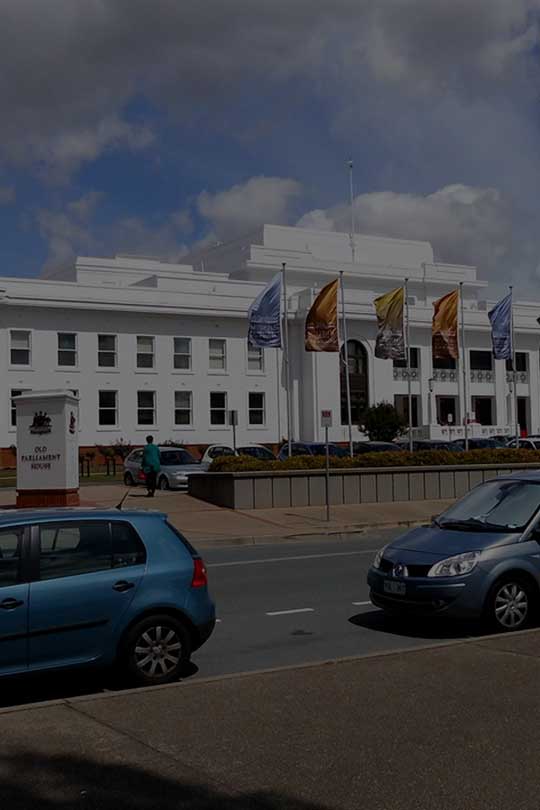Navigating the world of translation services can be a complex endeavor, especially when it comes to understanding how costs are calculated.
Here are some of the key factors that determine translation rates.
Language Pair
Some languages are more common than others, and the supply-demand equation plays a role. Translating to and from languages that have a higher number of available translators may be less expensive than rarer languages.
Complexity of the Text
A straightforward text, like a personal letter, is typically easier to translate than specialised content like medical or legal documents. The latter requires specialised knowledge and often comes at a higher rate.
Volume of Work
While larger projects might have a higher total cost, the rate per word or per page might be reduced as the volume increases, thanks to economies of scale.
Urgency
A tight turnaround time can influence the cost. Rush jobs usually command a premium because they might require translators to work outside regular hours or prioritise one project over others.
Formatting and Layout
If a project requires intricate design work or specific formatting, such as brochures or magasines, this can add to the cost, as it combines translation with desktop publishing services.
Quality Assurance Steps
Some projects demand multiple rounds of proofreading, editing, or quality checks. The more layers of review, the higher the potential cost due to the time and expertise involved.
Certification
Documents that need a certified translation—for legal, immigration, or official purposes—may carry an added fee due to the assurance of accuracy and professional oversight involved.
Use of Technology
The integration of Translation Memory tools or CAT (Computer-Assisted Translation) tools can sometimes reduce costs for repeat clients or large projects as previously translated segments can be reused.
Subject Matter Expertise
Translations in fields such as medicine, law, or engineering often require professionals with specialised training or background. This specialisation might influence the rate.
Local Market Conditions
Just like any other service, local economic conditions, competition, and market demand can play a role in determining rates.
Translation rates are influenced by various factors, from the language pair and subject matter to the urgency and additional services required.
At Translationz, we strive to offer competitive rates without compromising on quality. Whether you have a one-time project or ongoing needs, our team is here to guide you through the process and ensure you receive translations that resonate with your target audience.







